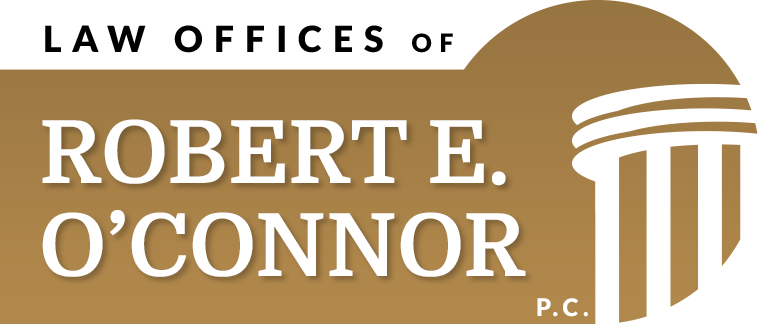How Does Life Insurance Differ from a Trust?

When planning your financial future, it’s important to understand the tools available to you. Two common options are life insurance and trusts. While similar, they serve distinct purposes and offer different benefits. Learn more about each, how they work, and their advantages to help you decide which is best for your situation.
What is Life Insurance?
Life insurance is a financial product that provides a payout to designated beneficiaries upon the policyholder’s death. This payout, known as the death benefit, can be used to cover various expenses such as funeral costs, outstanding debts, and living expenses for dependents.
Types of Life Insurance
- Term life insurance provides coverage for a specified term, such as 10, 20, or 30 years. It only pays out if the insured dies within the term.
- Whole life insurance offers lifelong coverage with a death benefit and a savings component called cash value, which grows over time.
- Universal life insurance is similar to whole life but with more flexibility in premium payments and death benefits.
Advantages of Life Insurance
- Financial security and peace of mind that your beneficiaries will receive financial support after your death
- No federal income tax on the death benefit
- Cash value in the case of whole and universal life insurance policies, which can be borrowed against or withdrawn
What is a Trust?
A trust is a legal arrangement where one party (the grantor) transfers assets to another party (the trustee) to be managed for the benefit of a third party (the beneficiary). Trusts can include money, real estate, investments, and other assets.
Types of Trusts
- Revocable trusts can be altered or revoked by the grantor during their lifetime. It avoids probate but doesn’t provide tax benefits.
- Irrevocable trusts cannot be changed once established. They offer tax advantages and protect assets from creditors.
- Living trusts created during the grantor’s lifetime are often used to manage assets before and after death.
- Testamentary trusts are established by a will and activated upon the grantor’s death.
Benefits of Trusts
- No need for assets to go through probate, making the transfer to beneficiaries quicker and less costly
- Better control over assets, allowing you to specify how and when assets are distributed to beneficiaries
- Reduced estate taxes and protection from creditors with certain types of trusts
Estate Services in Media, PA
Now that you know more about life insurance vs. trusts, you may realize one is better for your situation than the other. Whether you still have questions or you’re ready to make changes to your estate plan, the Law Offices of Robert E. O’Connor, P.C. can help.
Our legal team understands estate planning inside and out, drawing on over 25 years of experience serving Delaware County and Chester County. Contact us today at (610) 566-1110 for your free consultation at our Media, PA office. We’ll help you navigate life insurance and trust options based on your unique circumstances.
